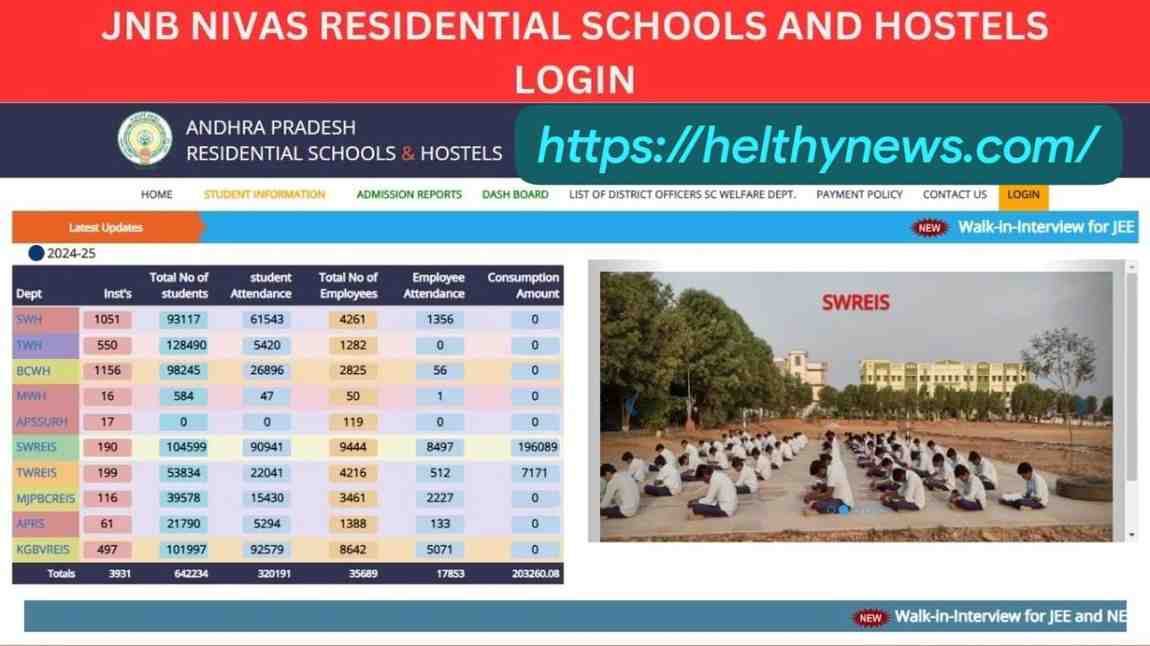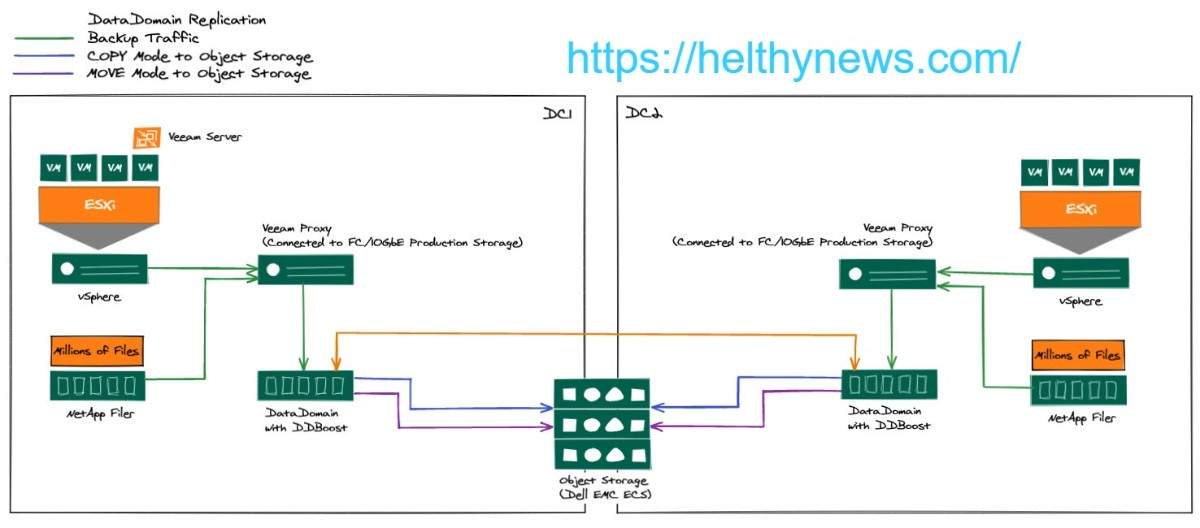
Workdays in healthcare organizations are highly regulated, fast-paced, and short on staff. There is little room for error in this challenging environment, where any incident can harm an organization’s operations, reputation, and earnings.
Because of this, the best healthcare organizations employ enterprise risk management (ERM), which involves involving the entire organization in the shared responsibility of converting risks into opportunities Nursing assignments help UK improvement.
ERM is designed to be adaptable to the mission and management style of any organization.
Common Dangers For Healthcare Organizations
- Laws, standards, and corporate compliance with
- Medicare participation conditions Privacy and confidentiality (data breaches)
- Medical records and discovery
- Human resources, credentialing, and staffing
- Rights of patients
Identifying And Assessing Risk
Healthcare organizations share broad categories of risk, such as clinical, regulatory, environmental, and privacy risks, but each type of organization faces unique risks.
Healthcare Nursing assignments help the UK use a variety of tools to identify and evaluate risks and opportunities that are associated with them, depending on the size and complexity of the organization.
Peer review, consultant, traditional incident, and inspection reports are among these.
The Four Categories Of Cancer Risk Factors Are As follows:
Things you do, like smoking, drinking alcohol, tanning beds, eating unhealthy foods, being overweight, and not exercising enough, are examples of behavioral risk factors.
Things in the environment around you, like UV rays, secondhand smoke, pollution, pesticides, and other toxins, are environmental risk factors.
Physical characteristics like your gender, race or ethnicity, age, and skin tone are biological risk factors.
Certain inherited mutations in genes are linked to hereditary risk factors. If you inherit one of these mutated genes, you are more likely to get cancer.
Gender-Related Differences In Health Related Dimensions
In all study groups, females scored lower on career ambition than males, as predicted. This may reflect differences in career Nursing assignments help UK aspirations, how to deal with professional experiences, and efforts to balance family and work, particularly in medical students.
It is striking that women received lower scores than men, particularly in the area of resistance to stress. Which encompasses aspects such as resignation tendencies, offensive problem-solving, and mental stability and balance.
Why We Identity Risk Factors In Health Care?
Healthcare organizations are shielded from numerous industry-specific risks with the assistance of healthcare risk management.
Who Benefits From Healthcare Risk Management?
Small errors in healthcare can result in significant injuries, fatalities, and increased costs for providers in a business with high stakes. Risk management aims to cut costs, increase patient safety and quality of care, and ultimately boost provider profits.
In Healthcare, What Exactly Is The Full Risk?
Full-risk value-based care, also known as full-risk capitation, is a payment model. In which healthcare providers are partnered with private insurance companies and/or Medicare and all financial risk for patients’ care is transferred to those providers.
Who Is In Charge Of Risk Management The Most?
Nursing assignment helps UK and responsibilities for risk management The President are in charge of risk management at the Group level. Which includes resourcing and reviewing the risk management principles.
Last Words
The result is how Nursing assignments help UK doctors exhibit health risk management patterns. Nursing assignment helps the UK significantly manages risk factors in the medical sector. there is no uncertainty in managing risk factors in a medical career through Nursing assignment help UK. Everyone needs to stay joined with managing risk factors medical career.







I don’t think the title of your article matches the content lol. Just kidding, mainly because I had some doubts after reading the article.
Thank you for your sharing. I am worried that I lack creative ideas. It is your article that makes me full of hope. Thank you. But, I have a question, can you help me?